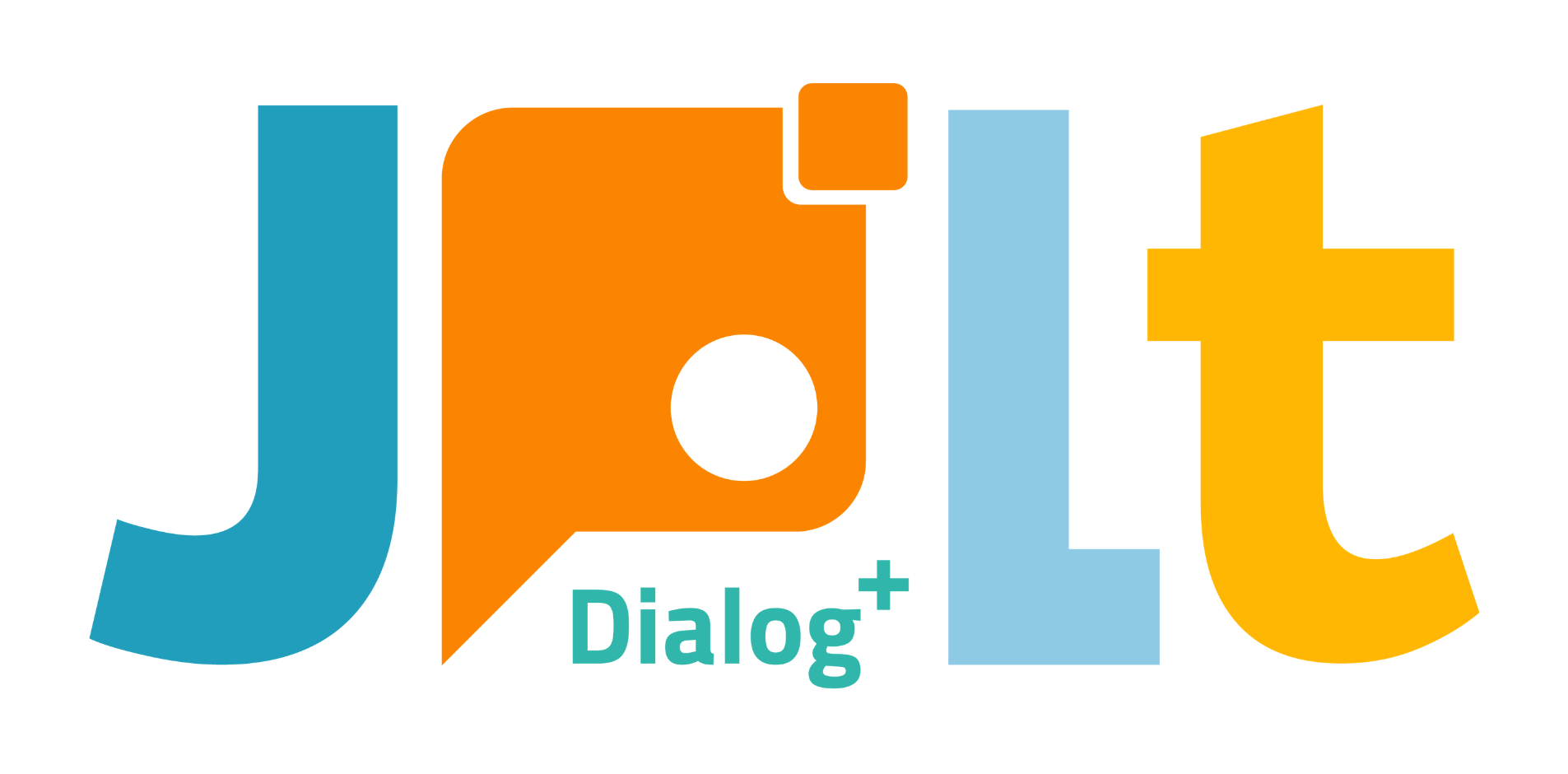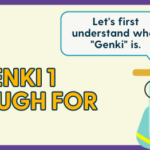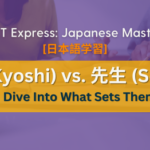Understanding the Difference Between “思いつく” (Omoitsuku) and “思い浮かべる” (Omoikaberu)
When you first encounter the Japanese expressions “思いつく” (omoitsuku) and “思い浮かべる” (omoikaberu), they might sound quite similar. Both seem to relate to the idea of something coming to mind, but what exactly sets them apart? Understanding the nuances of these phrases can be tricky, so let’s dive into their differences and how to use them correctly.
What Does “思いつく” (Omoitsuku) Mean?
“思いつく” (omoitsuku) refers to suddenly coming up with a new idea or thought. It emphasizes a moment of creativity or a sudden insight. Here’s how it’s used:
- Creativity: Strongly associated with generating new ideas or inspirations.
- Momentary Insight: Conveys a sudden flash of thought or realization.
Examples:
- “いいアイデアが思いついた!” (Ii aidea ga omoitsuita!) – “I came up with a great idea!”
- “突然、面白いことが思いついた。” (Totsuzen, omoshiroi koto ga omoitsuita.) – “Suddenly, an interesting idea popped into my head.”
What Does “思い浮かべる” (Omoikaberu) Mean?
“思い浮かべる” (omoikaberu) involves visualizing or recalling past events, memories, or images. It focuses on bringing to mind something that already exists or imagining future scenarios. Here’s how it’s used:
- Memory Recall: Recalling past experiences or known information.
- Imagination: Envisioning something that does not currently exist or projecting future events.
Examples:
- “子供の頃のことを思い浮かべる。” (Kodomo no koro no koto o omoikaberu.) – “I recall memories from my childhood.”
- “未来の自分を思い浮かべる。” (Mirai no jibun o omoikaberu.) – “I imagine my future self.”
Summarizing the Differences
| Word | Characteristics | Used In Situations |
|---|---|---|
| 思いつく (Omoitsuku) | New ideas, creativity, sudden insight | Idea generation, brainstorming |
| 思い浮かべる (Omoikaberu) | Memory recall, imagination | Reflecting on past events, envisioning future |
Which One Should You Use?
Choosing between “思いつく” and “思い浮かべる” depends on what you wish to express:
- For new ideas: Use “思いつく” (omoitsuku).
- To recall past events: Use “思い浮かべる” (omoikaberu).
- To imagine future scenarios: Use “思い浮かべる” (omoikaberu).
In Conclusion:
While both “思いつく” (omoitsuku) and “思い浮かべる” (omoikaberu) involve thoughts coming to mind, their nuances differ significantly. “思いつく” focuses on creative flashes and sudden insights, whereas “思い浮かべる” relates to recalling past experiences or envisioning future scenarios.
Understanding these subtle differences can enrich your Japanese expression and deepen your grasp of the language. For those looking to explore Japanese further and engage in meaningful communication, JPLT Online Japanese Language School offers a free, global community to enhance your learning. From JLPT preparation to everyday conversation practice, we provide a range of courses to help you achieve fluency. Discover the richness of Japanese with us and continue to enhance your language skills!




